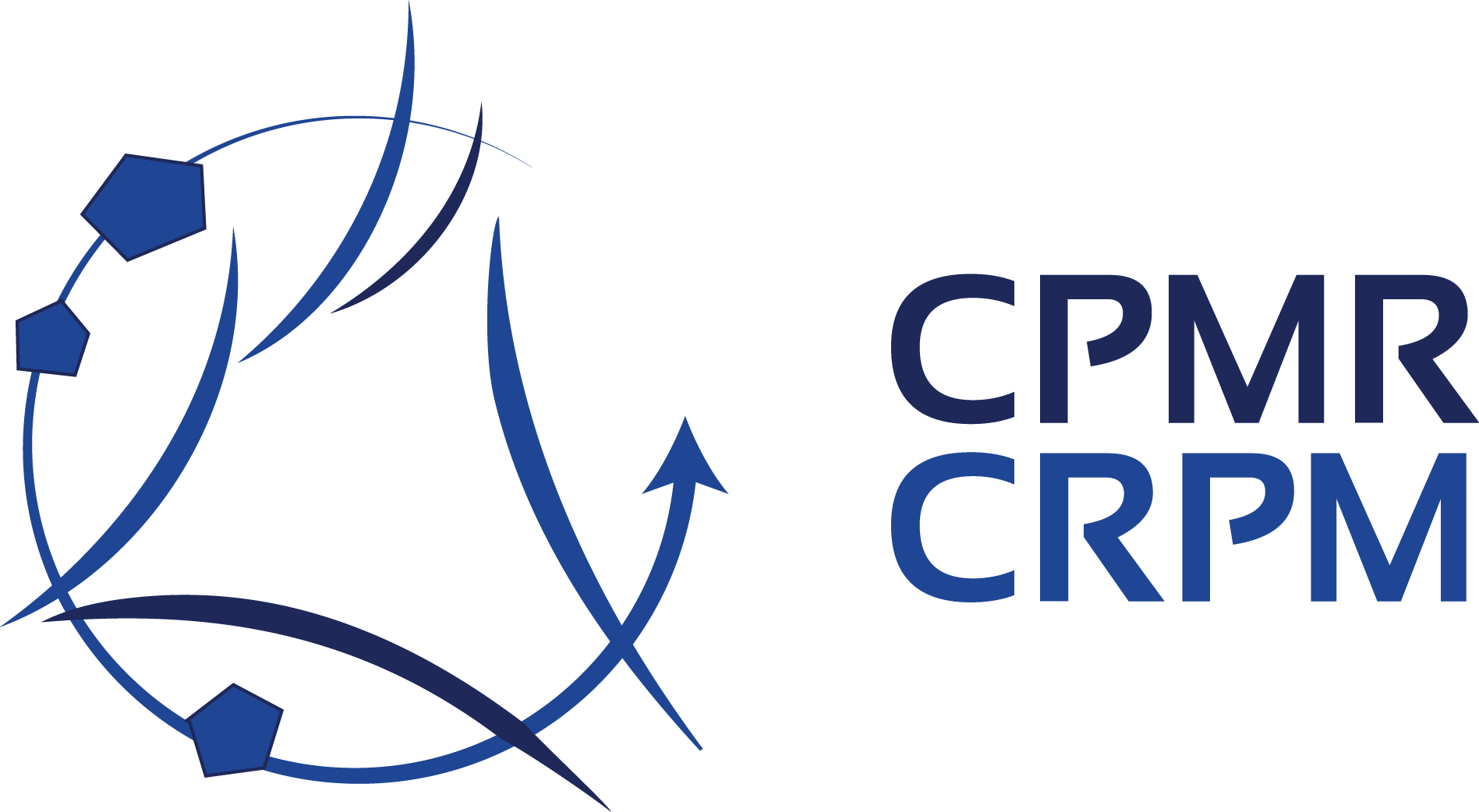After two years of activity since the launch of the Seas, Rivers, Islands and Coastal Areas Intergroup within the 2019-2024 mandate, the SEArica Board met on 9 February 2022 to take stock of the work achieved so far and of the challenges ahead. In its third mandate of existence, the intergroup gathers its highest number of members so far (109 new members from 23 countries and six political groups). Its composition provides a great platform to stimulate debates to coordinate actions and support the development of a robust and holistic EU Maritime Strategy.
More than ever in the context of the COVID-19 crisis, the SEArica Intergroup has been a pertinent instrument at the heart of crucial EU maritime policies. It has stimulated discussions and proposed solutions for a fair and sustainable maritime sector across Europe. It adopted a Declaration with a concrete set of proposals to help the maritime sector overcome the consequences of the pandemic and presented it to three Commissioners, Virginijus Sinkevičius, Paolo Gentiloni and Elisa Ferreira.
With great assistance from the CPMR, the Intergroup has organised conferences, webinars, exchanges with Commissioners, and discussions on a number of relevant topics such as the blue economy, maritime industries and ports, climate and governance, maritime transport, fisheries and Social issues, marine and maritime research, coastal tourism, litter, waste, and the circular economy, biodiversity and ocean literacy.
Looking ahead at the remaining years of the mandate and beyond, the SEArica Chair and Board identified further policy priorities that should be tackled to serve the interest of maritime stakeholders and coastal citizens. From a geographic point of view, the recent publication of the new EU Arctic Policy showed how the issue has important implications for maritime, regional, and climate policies at EU level. From a thematic point of view, the Chair and Board agreed that greater attention should be paid to SMEs and digitalisation in blue sectors and coastal regions, especially in the context of Europe’s post-COVID recovery.
Considering these emerging priorities, the Intergroup created a new geographic portfolio and a new thematic portfolio and welcomed MEP Erik Bergkvist as SEArica Vice-Chair for the Arctic and MEP Josianne Cutajar as SEArica Vice-Chair for SMEs and Digitalisation.
MEP Josianne Cutajar, who is Full Member of the ITRE Committee, has worked extensively on the report on the strategy for European SMEs. She thanked the Chair and Board for her nomination and said: “The last two years have been extremely challenging for Europe and, as Members elected in the maritime and river regions, we are all aware of how these territories have struggled to be resilient and stay competitive amid the global emergency”.
As Vice-Chair for SMEs and Digitalisation she will soon start working on the EU Digital Policy Programme, MEP Cutajar concluded “Combining the attention to SMEs and digitalisation, on one hand, with the blue and coastal/river dimension on the other hand could help further enhance the work our Intergroup has successfully carried out so far - in order to give it additional visibility and to demonstrate to stakeholders that the Parliament pays heed to the calls of the economic systems located in maritime, island and river areas”. A first event on SMEs and digitalisation for the blue sector and maritime regions is planned for November 2022, in correspondence with the state of the European SMEs debate within the EU Parliament and the EU SME week.
MEP Erik Bergkvist, taking the floor from Umeå (Sweden) underlined that “It is important to respond to the inaccurate image of the Arctic region as a vast, uninhabited wilderness. The issues affecting people living and working in these areas deserve proper attention”. He stressed the need to build on regional insight to address the specific issues of this region, which is the home of an indigenous population and a “hotspot” from a climate, geopolitical and raw materials point of view, especially in the context of the shift to green industry and energy.
As Vice-Chair for the Arctic, he outlined his vision for this portfolio, namely, to work on climate change mitigation, to speed up the green transition, to provide EU stakeholders with a more realistic vision of the region and to strengthen regional cross-border cooperation to avoid geopolitical tensions. MEP Bergkvist concluded by highlighting the unique role of SEArica and the CPMR as dialogue instruments between the people living in the Arctic and the EU level. A First SEArica event dedicated to the Arctic is planned on 1 June 2022, co-organised with the CPMR Baltic Sea Commission Arctic Task Force. The event will be an opportunity to review the state of play of the implementation of the new EU Arctic Policy from a regional perspective.
The SEArica Board meeting concluded with the approval of a rich 2022 programme of conferences, webinars, and discussions. Sign up to our newsletter and follow the intergroup’s twitter account to always be updated on SEArica’s initiatives.










